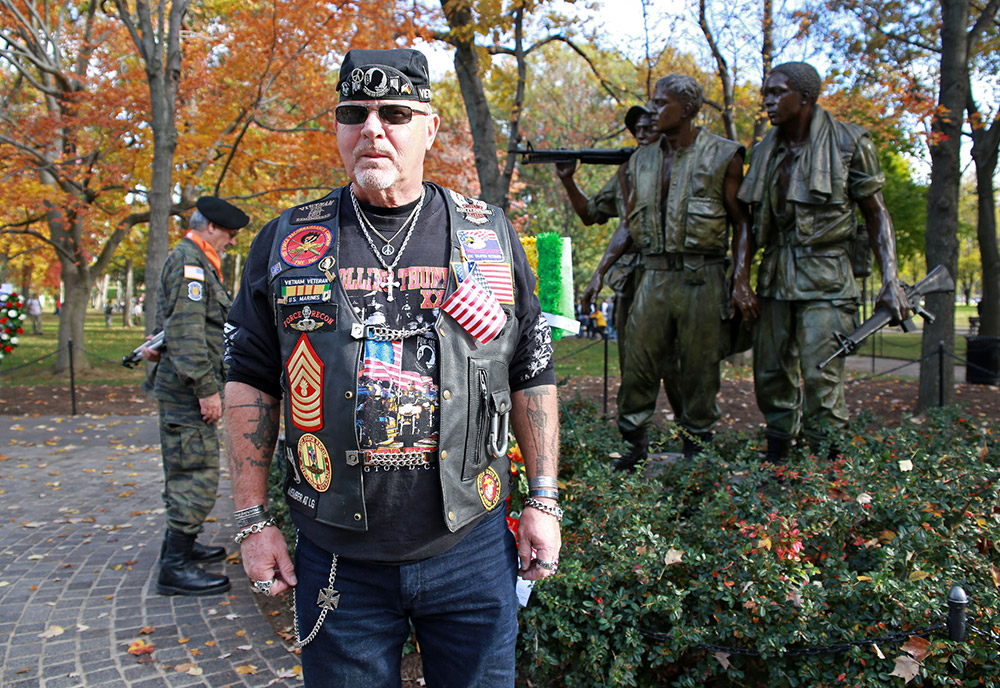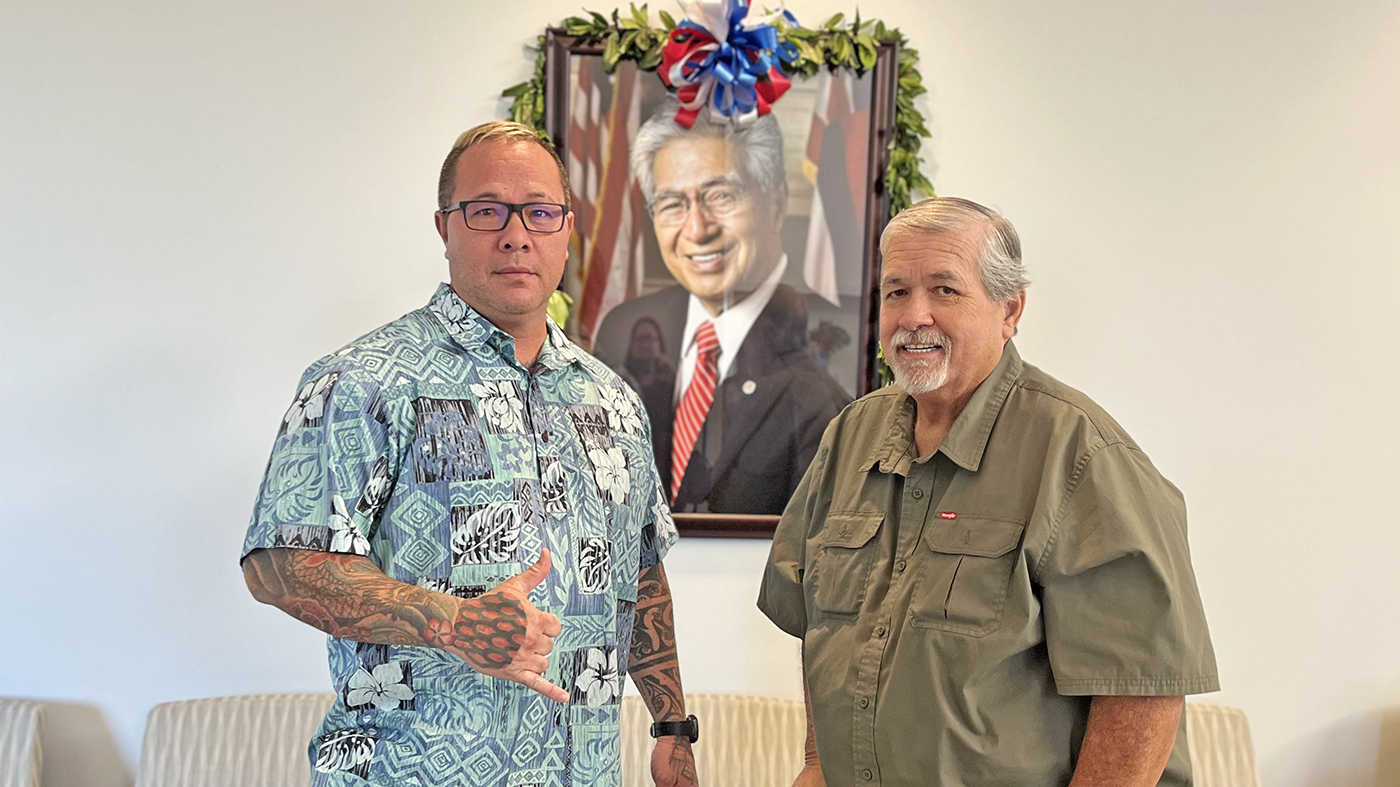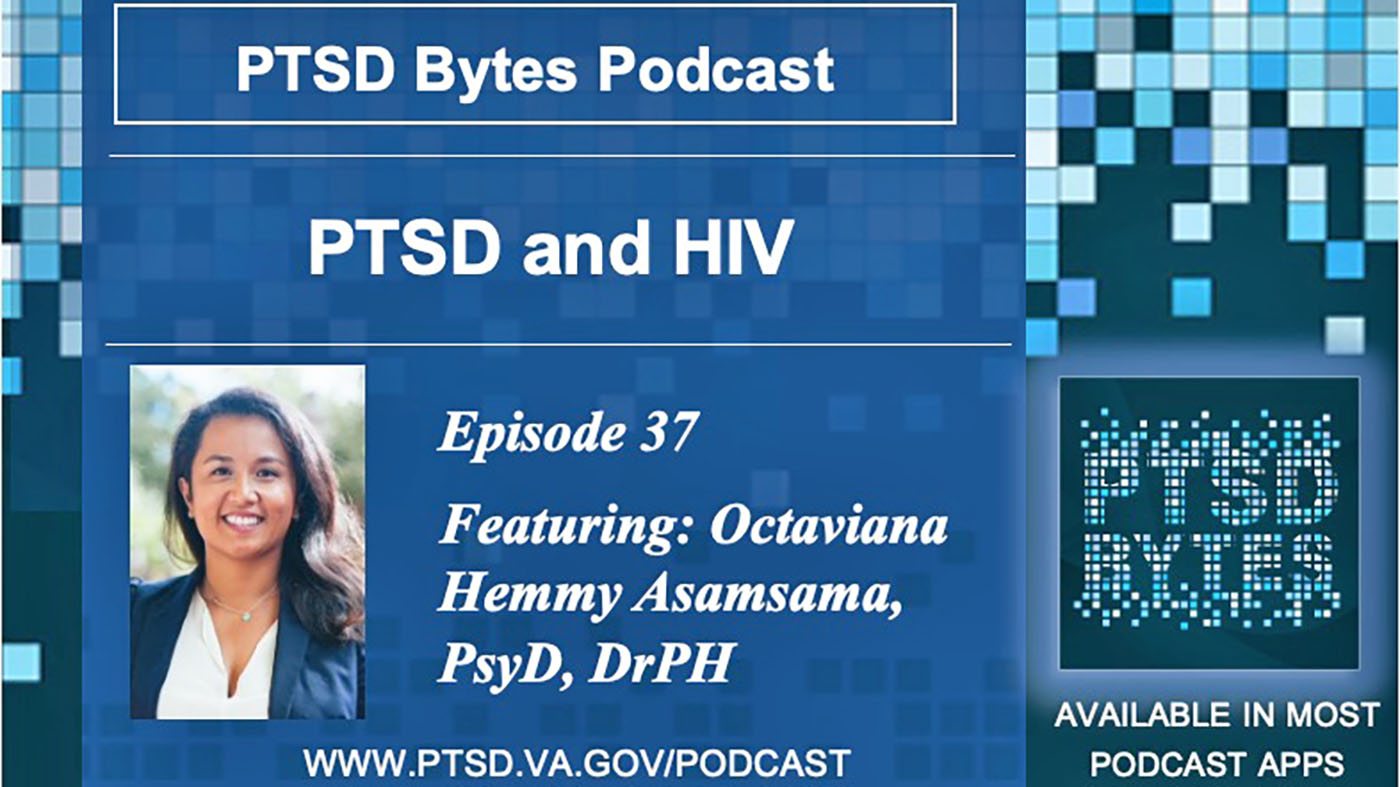VA researchers are embarking on a new nationwide study to comprehensively evaluate the current health and overall well-being of Vietnam era Veterans as they age. This November, VA will begin recruiting participants for the Vietnam Era Health Retrospective Observational Study (VE-HEROeS).
“Through VE-HEROeS, VA will be able to answer questions about the long-term health consequences of Vietnam War service, provide VA clinicians with evidence to explain health conditions, and anticipate future needs for VA health care and services,” said Dr. Victoria Davey, VA Office of Research and Development staff member, senior researcher for Post Deployment Health Services, and principal investigator on this study.
Study Participant Selection
VE-HEROeS researchers will invite approximately 43,000 Vietnam-era Veterans, including Veterans who served in Vietnam during the Vietnam War and Veterans who served elsewhere during the war, to participate in this study by completing a questionnaire. Researchers will also invite a comparison group of approximately 11,000 members of the general population to participate and complete a similar questionnaire.
Researchers will begin mailing invitations to selected Veterans on November 2, and to invited members of the general population on November 10.
VA is scientifically selecting a sample of individuals for this study. These individuals will represent others with similar characteristics, so researchers cannot accept volunteers. All individuals who are selected for this study are encouraged to participate.
Survey Topics:
This study includes a questionnaire for everyone and medical records review for a smaller group of participants. The VE-HEROeS questionnaire includes the following topics:
- General health, including neurological conditions, cancer, hypertension, and mental health
- Experiences with aging, including memory and reasoning
- Lifestyle, including tobacco use and health care use
- Military service experience, including combat experience, chemical or other exposures, or no military service for participants from the general U.S. population
Researchers will look closely at neurologic conditions and hepatitis C infection as a part of this study. Researchers will also describe the health of a population of Vietnam Veterans who served only in the Blue Water Navy and will ask Veterans about health conditions among their descendants that may have been inherited.
Vietnam Veterans have significantly contributed to the study development and planning by serving on the Steering Committee. Learn more about VE-HEROeS at http://www.publichealth.va.gov/epidemiology/studies/heroes/index.asp.
About the author: Stephanie Green Eber, MPH, is a Health Science Specialist in the Epidemiology Program, for the VA Office of Patient Care Services
Topics in this story
More Stories
Pacific Islands VA opens new Akaka clinic in Kapolei, bringing a variety of VA services to Oahu’s leeward side
Veterans can now navigate VA resources with confidence using the new VA Resource Navigator
In this episode of PTSD Bytes, integrated health psychologist Dr. Octaviana Hemmy discusses treatment for HIV and PTSD.









68-69 Phu Bai, On the AO Role list – COPD, PTSD, still requesting disability rating… Such a process to be reviewed & heard.
Lived where active spraying, duty in the bush weekly – full twelve months in-country.
100% DAV VN 68-69. Gentlemen and Ladies we will most likely never see the results of this study. That’s how fast The Nam Vets are going down. Welcome home to all Vets. Most of the time I wish I had not come back. Faster death.
I think this survey includes Nam “era” vets and civilians that never set foot in Nam because they would be shocked to find out just how bad Nam vets health really is and the rate of death because of PTSD and chemical poisoning.
58,286 American military men and women died fighting the enemy in Vietnam.
Three times that many have committed suicide since returning.
Six times that many have died from the poison Agent Orange spayed on American troops.
Makes you wonder who was the enemy.
handling bombs loaded with agent orange 1966 in Qui Nhon, never gave a thought to prostate cancer and hearing loss 40 + years later.
Vietnam 1968-69 , on 2003 my bladder and prostate were removed by cancer at Palo Alto VA Hospital in Ca. ……claim denied ,… Now I have a claim for PTSD in Puerto Rico and it was denied ,because they claim it has not been diagnosed ….my Dr. cannot believe it was denied , because it was diagnosed a few years ago and it is in my VA medical records. The only claims approved was for diabetes . I have many problems , like hard time sleeping , tinnitus ,Stop correcting depression, etc. We all VN veterans know that we are the worst treaded veterans of all wars…..unfortunate !!!!!!
This is getting so old to hear this, when nothing is being done about it. Every month I read about my fellow Nam vets having
died from causes of A/O.
I’maddressing thid to the Honerable Robert A. McDonald and the Honerable Dr. David J. Shulkin, both of whome I have read their very impressive biographies.Relative to what you gentleman have published as to your your view of the future of the VA is to become I desperatly hope McDonald and his staff have the leadership ability to accomplish the golas that have been set.
Wfile reading these goals and searching the internet for information I am seeing much more negative information than good. In the countries second largest organization the many many problems are vast and deep. They go right to the bottom of the ladder which I fail to believe that the best laid plans for change can or will reach. Like any large organization that needs major changing the people who DO NOT want to change will resist to the very last and will leave or retire happy at what they refused to do.
I, myself have seen this in the much smaller nuclear industry and when the upper management started making change the old timers refused to change and comtinued business as usual untill they were forced, retired or quit.
I retired from the navy in Febryary of 1980. a VIETNAM veterane, but just last month I applied for VA assistance. Doing my research I had a hard time believing that the VA was in such deplorable shape. I’m not sure my choise was a good one now.
Richard E. Forster Sr. USN RET
Yes I am a Vietnam veteran with 80% disability, I have had 4 bypasses, bladder cancer, I have to catherize myself 2 times a day, I have congestive heart disease, hptertensio, ptsd with only 20 % disability and now they tell me I have stahe 3 kidney disease. My next move is to the grave, but I talk to other vets at the mental health clinic and the tell me they get 100% for just ptsd and they look a lot healthier than me, but good for them. I hope this in some way will help a struggeling vet to rise and stand for what is right.
My father in law has cancer from agent orange.He has not got nothing .He has diabetic and got bloded of a rank. He was in Keroore and Vetn. He was a land clearing person.
viet-nam vet and served on the uss bon-homme richard cva-31. was denied for an exam as a blue water vet. i am diagnosed with 12 or 13 mental conditions. i am thankful that the va got me on meds that help me get through each day. i also contracted phlebitis during de commissioning of the ship. also got a piece of shrapnel in an eye,these were at different times while decommissioning. there are some serious results from the phlebitis as i had it all my life since leaving the navy. i am 100% compensated for my mental problems.
I would be willing to be a participant in this study.
I served with the 3/47th 9th Infantry Division Mobile Riverine force
in Vietnam from December of 1967 through December of 1968.
I was engaged in combat as an infantryman.
Agent Orange. I served in Vietnam in 1970. I was Infantry. I lived in the jungle, I ate in the jungle, I slept on the jungle floor, and I bled for my country in the jungle. We used those area that were defoliated by Agent Orange to keep the VC from sneaking up on us at night and we drank the water that flowed through these areas. Since then I have skin cancer so many time I can’t remember. I started have skin problems within just a couple of years. I have had half my face removed because of these caners. I also had colon cancer and have had half of my colon removed. And to add to the other issues I have psoriasis of the skin. Wonder if that matters.
Here’s what our colleagues at VHA asked us to post:
“We are sorry to hear about your skin conditions and colon cancer. One of the topics covered by the VE-HEROeS survey is colon cancer. The VE-HEROeS survey will measure how many Vietnam Veterans have colon cancer by asking if the study participant has been told by a doctor or health professional that they had colon cancer, and if the study participant believes it was related to service during the Vietnam War era (1961-1975). We will compare the Vietnam Veterans’ responses to Veterans who served elsewhere in the era and to civilians. Our goal is to be able to compare differences in numbers of Vietnam Veterans with health conditions to other Veterans and to civilians to help determine which may be related to Vietnam War exposures.”
I would participate in this. Vietnam 1968/69. Jet engine mechanic. Worked on C-123 that were spraying Agent Orange. Tan Son Nhut.
I have neuropathy in both feet. Absolutely no feeling. The VA is turning me down for benefits because I didn’t file a claim when I left Vietnam or the service. I didn’t start having any signs of it till 25 years later. Three Neurologist have confirmed the situation including a VA doctor. The VA’s brochure list this as one of the potential results of exposure to agent orange. Whoever does the first few reviews of claims appear to have no clue about this situation.
I served in Viet Nam in 1970 as a combat Marine (18yrs old) and would do anything I could to hide my PSTD condition until 2014 when life caught up with me. The 44 years of hiding my quilt and anger cost me more then needs to be said—-how will those like myself be counted in this study?
P.S. Agent Orange cost me my prostate and chronic pain for the last 16 yrs.. Is there any way that others like this will be included in this study? There is a lot of variables to control / account for.
RHB
USMC
Here’s what our colleagues at VHA asked us to post:
“We are sorry to hear about your health problems. The VE-HEROeS survey will measure how many Vietnam Veterans have PTSD (post traumatic stress disorder) by asking if the study participant has been told by a doctor or health professional that they had PTSD, and if the study participant believes it was related to service during the Vietnam War era (1961-1975). We will compare the Vietnam Veterans’ responses to Veterans who served elsewhere in the era and to civilians. Other questions will also help us measure PTSD. The survey also asks about prostate cancer and the severity of bodily pain. Our goal is to be able to compare differences in numbers of Vietnam Veterans with health conditions to other Veterans and to civilians to help determine which may be related to Vietnam War exposures.”
I hope to be chosen for this Vietnam Veteran health study. 1968-69 in the Mekong Delta, diagnosed w/ non-Hodgkins Lymphoma in 2010, since 2011 a chemotherapy patient at NorCal V.A. facilities (fabulous staff!!). The same cancer killed my brother (tour 1966-67) in 1985, just 6 months after his diagnosis. The unintended consequences of defoliation. “J.H.C.!!”
What about all of the Vietnam vets who served in Vietnam and were affected by Agent Orange and died of complications while the Government denied, for many years, the knowledge of their use of agent Orange? My brother being just one of the many who were victims of Agent Orange.
Thank you for doing this study but somehow I feel that the reality of the use of Agent Orange on OUR own troops should be factored in to the final outcome of this study.
What about COPD that is caused from agent orange? I have stage 4 and haven’t smoked in 18 years. I came down with it in 2014 very aggressive just like my diabetes started in 2012. I need help with this please. I am on the Agent Orange Role and well documented where I was in Vietnam in 1967-1968
dw_hammond@msn.com
Problem you have people like my grandfather he smoked for two years of his life in 40’s died of lung cancer in the late 60’s , so you not having smoked in 18 years doesn’t mean the herbicide did it ?
Here’s what our colleagues at VHA asked us to post:
“We are sorry to hear about your COPD (chronic obstructive pulmonary disease). The VE-HEROeS survey will measure how many Vietnam Veterans have COPD by asking if the study participant has been told by a doctor or health professional that they had COPD, and if the study participant believes it was related to service during the Vietnam War era (1961-1975). We will compare the Vietnam Veterans’ responses to Veterans who served elsewhere in the era and to civilians. Also, another VA study is focusing on COPD: http://www.publichealth.va.gov/epidemiology/studies/vietnam-army-chemical-corps.asp. Please contact your local VA health care provider about your specific health concerns.”